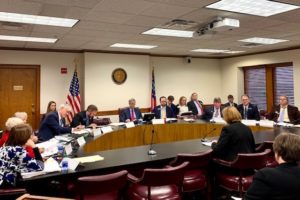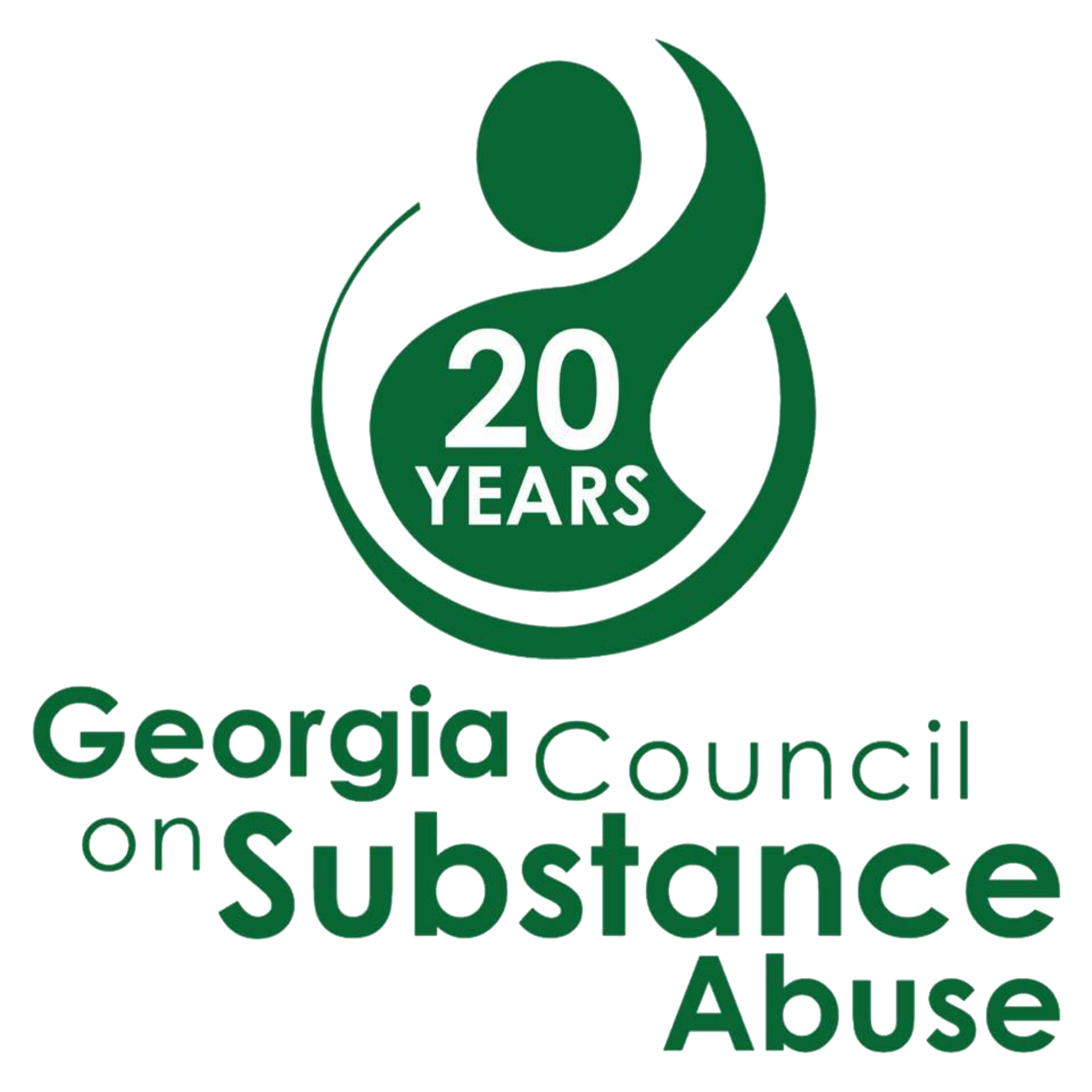Neil Campbell Testimony in Support of SB 311
Testimony in Support of SB 311

March 1, 2020
My name is Neil Campbell, and I am the executive director of the Georgia Council on Substance Abuse, a nonprofit organization dedicated to increasing the impact of recovery in our communities through education, advocacy and training. I’m also a person in long-term recovery. GCSA is Georgia’s statewide recovery community organization, and this year we celebrate 20 years of being a voice of the recovery community.
It is an honor to address the Committee. Allow me to begin by thanking Senator Kirkpatrick from the Georgia’s 32nd district for her leadership on this important issue to the Georgia recovery community.
The acts of patient brokering and excessive drug-testing simultaneously degrade a system that is already under stress. Most people who suffer from substance use disorders do not get the treatment they need. And opioid use disorders are still taking the lives of an average of 4 people a day in our state. This is not a theoretical exercise. This is a reality which must be addressed or Georgians and their families will be victimized and, in some cases, die.
This is serious business.
Patient brokering is already happening across the country and is being addressed as close to home as Florida and Tennessee. Florida enacted an anti-kickback law in 2016 and since then, similar laws have been enacted in Arizona, California, New York, Tennessee and Utah. When these criminals are driven out of Tennessee and Florida, our state becomes at-risk by virtue of an easy drive up and down I-75.
One example of this is a drug treatment facility that pays for people to be referred to them from a sober home, offering hundreds of dollars per person. One example that I witnessed myself was an out-of-state treatment center approaching heart-broken parents at community forum who had children in recovery residences and were not doing well. They were getting the parents to agree to send their child to their extremely expensive treatment program. I asked the representative of the program if he had already contacted the recovery residence where the individual currently was being served and he walked away.
Our treatment and recovery delivery system in Georgia is not perfect. The past few years have brought a significant increase in funding treatment capacity, specifically the federal opioid response funding, and that is a good thing. We have also realized funding for community-based addiction recovery support centers, also known as recovery community organizations. Additionally, the reforms to our healthcare insurance system should bring more prevention, treatment and recovery capacity to both the public and private sectors. A law such as SB 311 is needed because there is a risk that individuals with addiction will be thought of and treated as a commodity and the real potential for abuse by brokering is there.
We are fortunate to have the Georgia Association of Recovery Residences, a long-standing member-driven organization that supports recovery residences in being ethical, and having standards of care that are based on what is good for individuals in recovery and their families. At this point, to operate a recovery residence in this state does not require GARR membership, but that is a conversation for another day. As long as we have recovery residences that are not monitored and regulated appropriately, there is a risk of patient brokering.
Regarding excessive drug-testing, SB 311 goes a long way to ensure that organizations falling under this proposed law will not engage in wasteful and unnecessary billing practices. Please know that accountability is a huge part of recovery. Drug-testing individuals is often an effective way that people in recovery learn about accountability. I’ve had several people in early recovery tell me that knowing they are going to be randomly drug-tested helps keep them on their path to recovery. But organizations, clinics, medical practitioner who excessively drug test or who do so in a medically unnecessarily way are costing the system precious resources and credibility.
If you want to know where patient brokering and unnecessary and excessive drug-testing can lead, look no further than the e-book, Bad Therapist, by the investigative journalist, Evan Wright. He did an exhaustive examination of the “treatment industry” in California and the horrifying things that happened to people seeking recovery and their families and the tens of millions of dollars that were wasted on a scam.
In conclusion, the people of Georgia, those in seeking recovery and their families and loved ones look to you, the General Assembly for leadership. They look to you to send a powerful message, to provide strong legal tools that will ensure the best chance for our community members to get and stay well.
On behalf of members of the recovery community across Georgia and the GCSA, we ask for your favorable consideration on SB 311.
Thank you.

